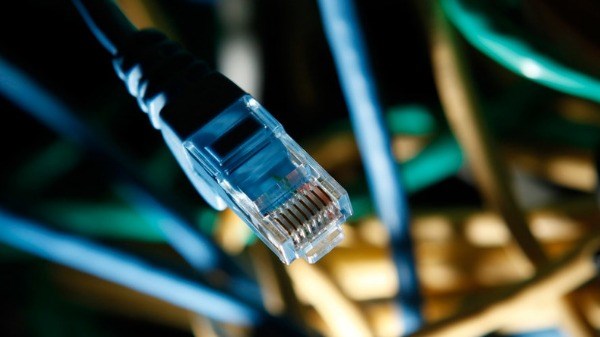Russia prepares for possible disconnection from World Wide Web
The largest telecommunications operators in Russia plan to hold drills to test the practical feasibility of implementing the law “On sovereign internet” that was put forward in the State Duma by senator Andrey Klishas in December last year.
According to the Russian news outlet RBC, the decision to do this was made during a session of the Information Security work group, which is working to implement the country’s Digital Economy project.
MegaFon, VimpelCom (the Beeline brand), MTS and Rostelecom will all take part in the exercise. Together they will have to figure out how to carry out the proposed internet reform.
The law stipulates that all traffic within Russia must pass through exchange points that are approved by Roskomnadzor, the federal executive body responsible for media and telecommunications censorship. In order to make this possible, mobile operators and internet service providers must install equipment that Roskomnadzor can use to interfere with the internet traffic and block content that is prohibited in Russia.
The project also aims to minimize “the transmission abroad of data that is being exchanged between Russian users” and to ensure that the Russian internet can function on its own.
“All conversation participants agree that it has good aims, but the mechanisms for implementing it raise many issues and disputes. Moreover, the means for implementing it have not yet beet prescribed,” said Natalya Kasperskaya, head of the work group. “This is why we came to the conclusion that market participants need to organize drills or something similar in order to understand how this could be implemented in practice.”
After carrying out the exercises, which are due to take place before April, the operators must propose amendments to the bill.
Artem Kozlyuk, director of Roskomsvoboda, an organization dedicated to freedom of information and the self-regulation of the internet sector, fears that the bill proposed by Klishas will lead to the creation of a global Russian censorship firewall similar to China’s. The bill has already been approved by the Ministry of Digital Development, Communications and Mass Media, Roskomnadzor, the Federal Communications Agency, the Federal Protective Service and the Federal Service for Technical and Export Control.
A source in the Kremlin told RBC that the presidential administration supports the bill because it “will facilitate the execution of the president’s order to ensure the stable operation of Russia’s internet” as part of the Digital Economy program.
The Russian government has also given its general approval to the initiative, but with certain reservations. Firstly, budget funds will need to be allocated it (whereas Klishas claimed no taxpayer money would be required). Secondly, the law must stipulate clearly exactly what constitutes a security threat, and under which circumstances centralized network control can be carried out.
The national internet giants Yandex and the Mail.ru Group praised the bill. The technical director of the Mail.ru Group said that the law will help his company to “feel more at ease” and Yandex
network infrastructure development director Alexey Sokolov observed that the “protection of the Russian segment of the internet” is coming at a good time.
The only government organ to give negative feedback was the Accounts Chamber. “Implementing the bill will require additional federal budget expenditure. In addition, implementing the bill will cause an increase in the cost of goods and services on the Russian market, which includes the risk of increasing the budget expenses of all levels of Russia’s budget system to pay for them,” the Accounts Chamber commented.
